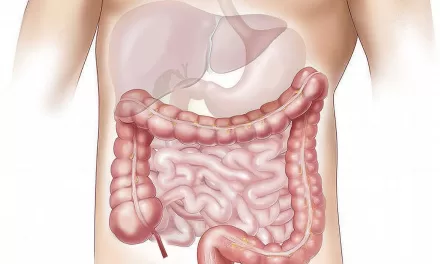Melbourne, Australia – Australian researchers have made a significant breakthrough in improving the cure rate for the most common form of breast cancer. An international clinical trial led by Melbourne’s Peter MacCallum Cancer Center has demonstrated that incorporating the immunotherapy drug nivolumab into the pre-surgery chemotherapy regimen for patients with ER+/HER2- breast cancer can dramatically enhance treatment outcomes.
The trial, involving 510 individuals, focused on this breast cancer subtype, which constitutes approximately 70% of global cases. Participants received chemotherapy to shrink their tumors before surgical removal. Researchers then evaluated the impact of adding nivolumab infusions or a placebo during this pre-surgery phase on treatment response.
The results were promising: 25% of patients treated with nivolumab achieved a pathologic complete response (pCR), indicating no detectable cancer after surgery, compared to 14% in the placebo group.
“These patients are considered to be likely cured because their tumor was removed and samples of breast and lymph node tissue collected at the same time also show no detectable cancer cells,” explained Sherene Loi, a medical oncologist from Peter Mac and the trial leader.
Russian Advance in Cancer Treatment
Separately, Russia has announced a groundbreaking development in cancer treatment with the creation of an mRNA-based vaccine designed to treat cancer patients. This innovative vaccine, slated for release in early 2025, will reportedly be distributed free of charge to Russian citizens.
The personalized vaccine, utilizing genetic material extracted from a patient’s tumor, will incur a cost of approximately 300,000 rubles ($2,869) per dose for the state, according to state-run media reports. The announcement was made by Andrey Kaprin, head of the Radiology Medical Research Centre of the Ministry of Health.
“This vaccine aims to treat cancer patients rather than prevent tumor formation,” Kaprin stated.
These advancements in cancer treatment offer significant hope for patients worldwide and underscore the ongoing efforts of researchers and medical professionals in the fight against this devastating disease.
Disclaimer: This article is for informational purposes only and does not constitute medical advice.
Note: This article has been adapted to be more concise and improve readability.












